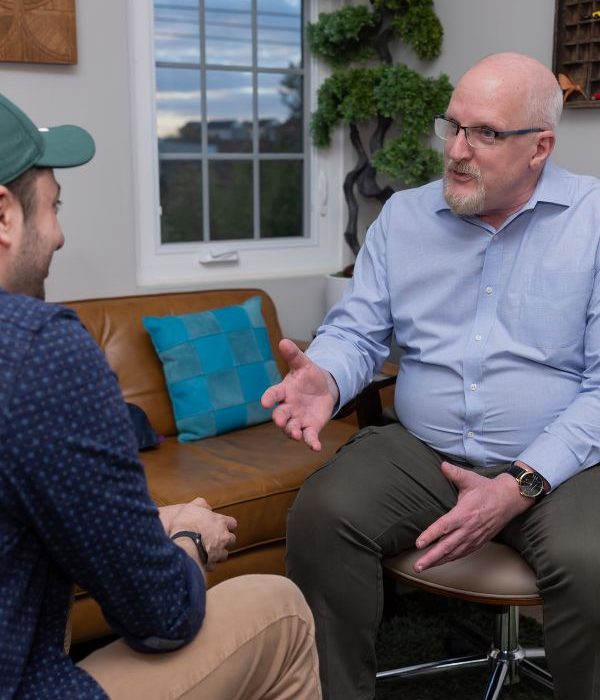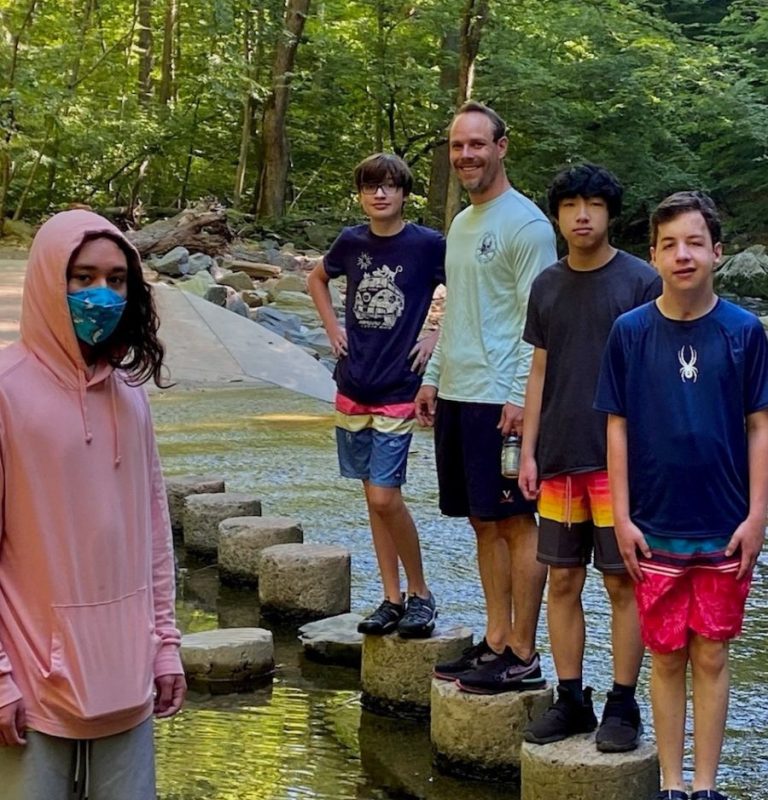Depression Therapist for Teens & Young Adults in Fairfax, VA





What Is Depression? How Is It Affecting Teens & Young Adults in No. VA?
Depression is more than just feeling sad—it’s a medical condition that affects mood, energy, and outlook on life. For teens and young adults, it often looks different than what parents might expect. Instead of openly expressing sadness, they may show anger, irritability, or withdrawal, making depression harder to recognize.
Here are some ways depression may appear:
- Changes in mood: Irritability, anger, or frustration that seem out of proportion.
- Loss of interest: Hobbies, sports, or friendships they once loved may no longer excite them.
- Energy shifts: Sleeping too much, staying up all night, or struggling to get out of bed.
- Academic or social struggles: Falling grades, missed practices, or avoiding social situations.
- Physical symptoms: Headaches, stomachaches, or constant fatigue without a clear medical reason.
Depression: By the Numbers in the US (Source: CDC/NIH)
Our Approach to Depression in Teens & Young Adults
At Cabush, Paul & Associates, our therapists use evidence-based practices to help teens and young adults in understanding emotions, challenging negative thought patterns, and building resilience through CBT or other approaches. We emphasize healthy routines—sleep, nutrition, and exercise—while fostering connection and purpose. Family involvement ensure your loved ones don’t navigate depressive symptoms in isolation.
A typical case could include one or more of the following approaches:
"After struggling to find someone our son could connect with, we finally found a therapist who just ‘got him.’ The growth we’ve seen—not just in his behavior, but in how he relates to us and his friends—has been incredible."
Parent of a 13-year-old


Depression Coping Strategies for Parents
Here are three supportive strategies parents of teens and young adults with depression can use:
- Maintain connection and check in regularly – Spend consistent one-on-one time, listen without judgment, and show interest in their world, even if they seem withdrawn.
- Encourage healthy routines – Support good sleep, balanced meals, physical activity, and limited screen time, since these daily habits strongly influence mood.
- Seek professional support early – Normalize counseling or therapy as a safe resource, and collaborate with teachers, doctors, or coaches to ensure he has a support network.
Depression: Myth Vs. Fact
Myth: Depression always looks like sadness or crying.
Fact: In boys, in particular, it often shows up as irritability, anger, or withdrawal—not always the “classic” signs.
Myth: Teens are just moody—it’s normal, not depression.
Fact: While mood swings happen, depression is more intense and lasting, affecting daily life, motivation, and relationships.
Myth: If they’re doing okay in school or sports, they can’t be depressed.
Fact: Many kids mask depression by staying busy or overachieving, even while struggling inside.
Myth: Talking about depression will plant the idea or make it worse.
Fact: Open, caring conversations actually give boys space to feel seen and supported—and can be life-saving.
Myth: They just need to “snap out of it” or try harder.
Fact: Depression is a real medical condition, not a choice. With treatment and support, recovery is absolutely possible.


Contact Us for a Free Phone Consultation About Depression
Call us at (703) 691-0036 or fill in our easy contact form.
